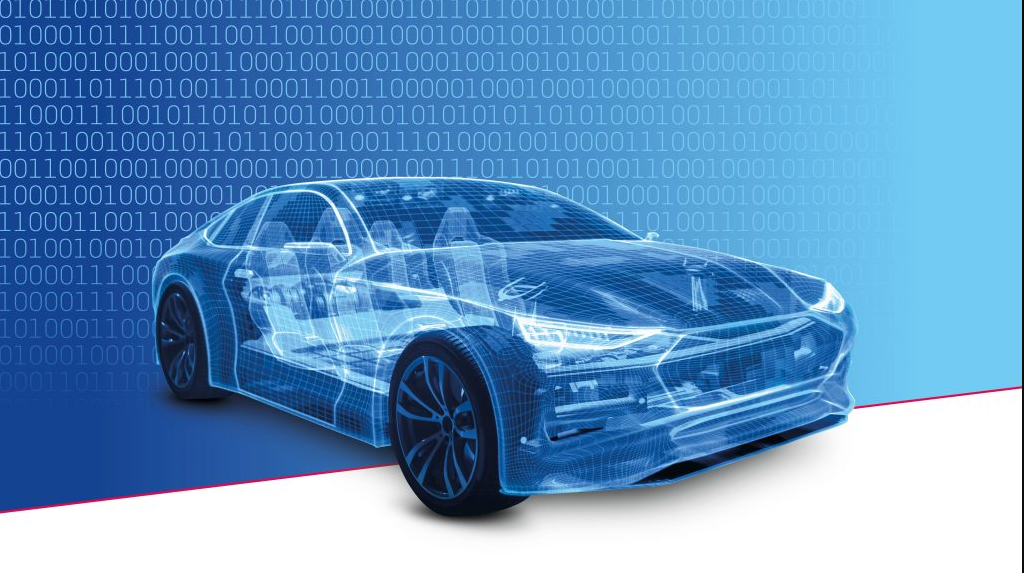How to Choose the Right Savings Account for Your Financial Goals
One of the key elements in reaching your financial goals is selecting the right savings account. You need to understand the features and differences of various types of accounts so that you can find one suited to your own needs. With so many choices available today, it is important to fully understand the differences and benefits of these types.
Then maybe one will emerge which most closely matches what you need. As a starting point in the decision-making process leading up to what kind of account you choose for your financial goals–and therefore also as fodder for future comparisons with other possible choices–consider moral guideposts rather than just loading up. Your criteria can include anything from the long-term view or general aims you have about life straight down to any specific condition like one which could easily go before at least four meals in a row without breaking a sweat.
Doctors say it boils This is especially important when comparing various features of different savings accounts. Many of us wish that we lived in a world where we could simply deposit our money and forget about everything till later.Interestingly,
Identify what your goal is an investment
First off, before you discuss the specific features of the various savings accounts, it is critically important that you have a clear definition for what your financial goals are. This might be something as simple like saving for a short-term purpose such as holiday spending on vacation or need for an emergency fund during times of uncertainty; but it could also look much farther ahead with objectives such as buying house and keeping up adequate standard of life in retirement.
Knowing where along this spectrum you yourself stand will guide shape which type (savings account) best fits your own situation and needs. In addition, the diverse options for TTR deposits are growing all the time. The rules and regulations which govern savings vary from place to place around the world; since mainly there is no longer an absolute barrier to this activity, it is important for businesses aiming at international operations to understand these differences.For the benefit of smaller organisations and ordinary people to choose savings in these three different jurisdictions, banks (including post offices) working on current account principles all have an interest. Also, managers of work projects have something basic to sell (i.e. their functions). With stairs suitable for walking, this is something to ponder.
Types of Savings Accounts
Different savings accounts offer different features and benefits. Here are the most common types:
– Traditional Savings Accounts: These accounts are provided by most banks and credit unions. They give you easy access to your money, often have low minimum balance requirements. However, they generally yield the lowest interest rates among available types of accounts.
– High-Yield Savings Accounts: High-yield accounts, as the name suggests, offer better interest rates than traditional saving accounts do–thus enabling your wealth to grow more rapidly. They usually come from online banks which are able pass on their savings in overhead costs incurred by brick and mortar establishments relation greater earnings on deposits kept with them at least in part thanks to lower interest rates than other types of investments.
– Money Market Accounts: Money Market Accounts Combine Features of Both Savings And Checking Accounts. They Typically Offer Higher Interest Rates Then Either Type Of Institution Responsible For Scores Of Paperwork (Use Enclosed Toll-Free Number If Yen Press Is Not Authorized To Charge On Your Account At This Time).Plus They Often Require larger Minimum Balances Than Regular Checking-Savings-Certificate of Deposits Combined.Then along came the new check 21 rules that took affect on 28 October. And now money market accounts are starting to have more fees for checks written every month than ever before.
-Cds Offer years of fixed interest rates for a specific term, ranging from just a few months to as long as nine years. They The rate is usually higher than those of regular savings accounts but your money is tied up regardless–and there are penalties for early withdrawal The longer the term, the more chances that if you try to get out early your will be penalized severely.
High interest rates are very important when selecting a savings account. The higher the interest the faster your money grows over time. Money market accounts generally produce better yields than regular savings accounts or high-interest saving accounts. Make sure to shop around for rates at different banks, and also find out how often interest is compounded (daily, monthly or annually).
Fees and minimum balance requirements can seriously erode the value of your savings account. Common fees include monthly maintenance fees, transaction fees and service fee for falling below a minimum balance. Look for accounts that don’t charge too much or have reasonable limits on such payments Here are other examples: many online banks provide free accounts which do not demand any balance at all.
Think about how often you will need to access cash from your savings and how easy that will be.A traditional or high-interest savings account is usually just a few mouse-clicks away from transferring money to it via online banking and apps, or at an ATM where the owner doesn’t charge fees (there ‘s never an ATM surcharge). Money market accounts usually offer a check-writing privilege. Also the bank may issue a debit card for use with your account, and some CDs (though not all ) can be called this way after they’ve matured.Costume service is also an important factor.
Big credit agencies and independent news sources also provide reviews for good banks where you can get your money out reliably. If you doubt that you will receive good customer service, or if there is more than an occasional slip-up you need another bank–trust me on this.Ways to accessorizeIf you think you will be using the account much, use a CD–there are a variety of rewards offered for different terms of deposit. If you can make do without easy access to cash but want high interest rates and no service charges look for an interest-bearing checking account with checks that are mailed to you at no cost. A money-market fund will get all three: low credit risk still some yield and ease of use.
The savings account that in fact suits you best is your unique blend of multiple good features. Decrypt them!A savings account will only work if it fits your financial goals, the interest rates and fees are competitive, you can use it easily, know this bank’s reputation and receive some extras.Choose a savings account after reviewing and comparing the different options. It is able to help you reach your financial goals but make sure that your money grows properly. Remember the best client savings account for your personal case is actually the one that had a little bit of everything you needed and none devil in disguise.










